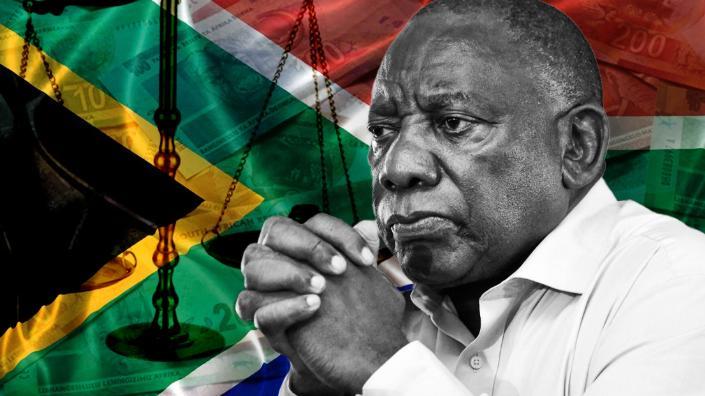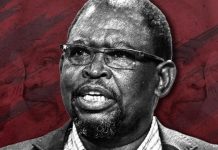Africa-Press – South-Africa. South Africa’s only option out of its current economic collapse is to deregulate key industries and encourage the private sector to invest in them.
This is a result of a decade and a half of financial mismanagement, which has weakened the government’s balance sheet to a point where it cannot afford to invest on the scale needed.
The country’s public companies, in the form of Eskom and Transnet, are also severely indebted and are unable to tap capital markets for further funding.
This leaves the country with no option but to turn to the private sector for the investment it desperately needs in repairing and upgrading infrastructure.
Furthermore, the South African government has proven to be a poor capital allocator, with a significant share of the taxpayer money it invests being wasted or not used for its intended purpose.
Modern Corporate Solutions mining analyst Peter Major believes South Africa’s mining sector requires the same approach.
Speaking to BizNews, Major said the government has to simply get out of the way and let the private sector invest in South African mining without onerous regulations hampering operations.
More crucially, the state also needs to create an environment of regulatory certainty, with South Africa’s mining charter having undergone significant changes over the past 30 years.
These changes, alongside threats of nationalisation, have resulted in mining output remaining flat for 20 years, with no new exploration for minerals undertaken in South Africa.
Major estimated that this has cost South Africa over half a million jobs in its historically vital mining industry, with over 6,000 mines sitting abandoned.
Pointing to the success the United States has had in growing its mining industry alongside its technology sector, Major said the only way out is deregulation.
“The mining industry does not need the money that is being offered. They just need to back off on the regulations. There is a sign for the South African government,” Major said.
“We do not need the Public Investment Corporation to invest R1.5 billion for exploration. Half of it will be misused and the other half stolen or lost.”
“We do not need to even fund that. We just have to back off on the regulations and throw all of these onerous requirements out the door, and private industry will just do it.”
Major explained that other African countries have learnt this lesson and are now booming compared to South Africa as they are more attractive to investors and mining companies.
Financial mismanagement
Stanlib chief economist Kevin Lings
While Major sees deregulation as the solution to South Africa’s ailing mining industry, Stanlib chief economist Kevin Lings thinks it is the only option left to save the entire economy.
In particular, the government has to deregulate key sectors of the economy to encourage private investment, including those historically dominated by state-owned enterprises such as electricity and logistics.
Lings pointed to the success of deregulation of the electricity sector as evidence that the opening up of more areas to the economy will yield positive results.
The private sector has invested billions of rands in electricity generation over the past two years, as production caps were lifted and the government made progress in creating a competitive energy market.
This investment played a major role in bringing load-shedding to an end by easing pressure on Eskom and enabling the utility to conduct extensive maintenance.
Lings made it clear that this does not mean the private sector can completely replace the state. Rather, it means the state can no longer be expansionary and drive investment.
The historical financial mismanagement within the government and at public companies has left it with no option but to look for private investment to drive growth.
“We would have to up the investment considerably more to result in capacity building or job creation in South Africa,” Lings said.
“The current investment level is mainly maintenance capex and kind of treading water, with companies waiting for a better environment.”
“Instead of deploying capital into growth or hiring, corporates are parking it in money market funds or call accounts.”
This capital is needed to build and maintain vital infrastructure to ensure South Africa’s economy can continue functioning and potentially grow.
To get this capital off the sidelines and invested in the economy, the government has to create an enabling environment for companies. This begins with deregulation.
“I would say that deregulation is your only option now. It is your only choice, and while you may not like it ideologically, it is your only option,” Lings said.
“You are out of options, and those options have been taken away because you took government debt from 26% to 76% of GDP. That increase meant you have taken away your option to use your own balance sheet.”
Lings said it would have been ideal for South Africa for the government to use its own balance sheet for infrastructure investment. However, this option is no longer available.
Source: dailyinvestor
For More News And Analysis About South-Africa Follow Africa-Press






